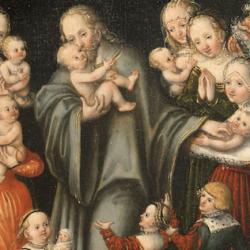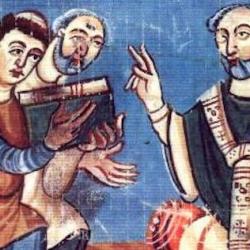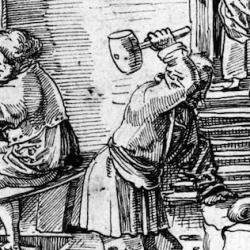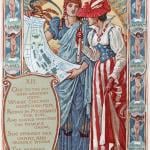Nathan Mitchell (writing in the Oxford History of Christian Worship, 324) denies that Zwingli taught a “mere symbolist” according to which the Supper “simply served to remind believers of the great benefits bestowed on them through Christ’s passion and death.” Zwingli wasn’t a symbolist “in any modern sense.” Mitchell notes that Zwingli “affirmed, in language reminiscent of Calvin and Luther, that ‘the bread and wine become the body and blood of Christ to those who partake of them in faith.’... Read more




















